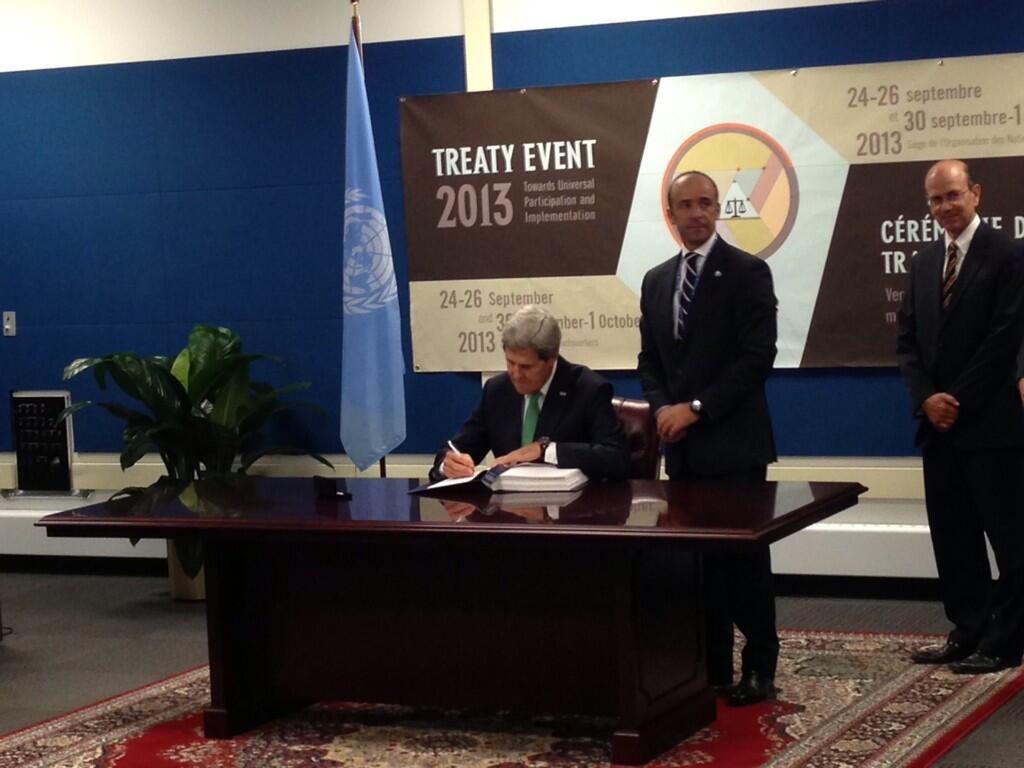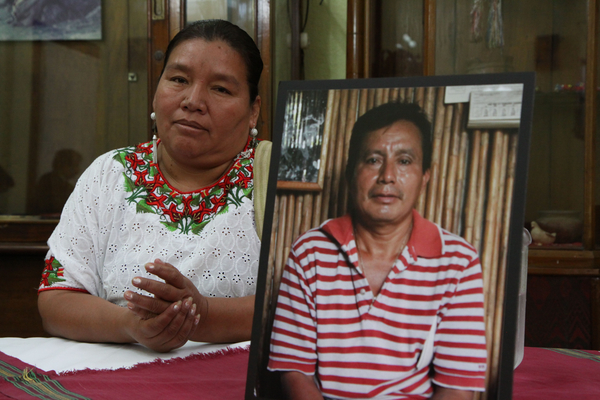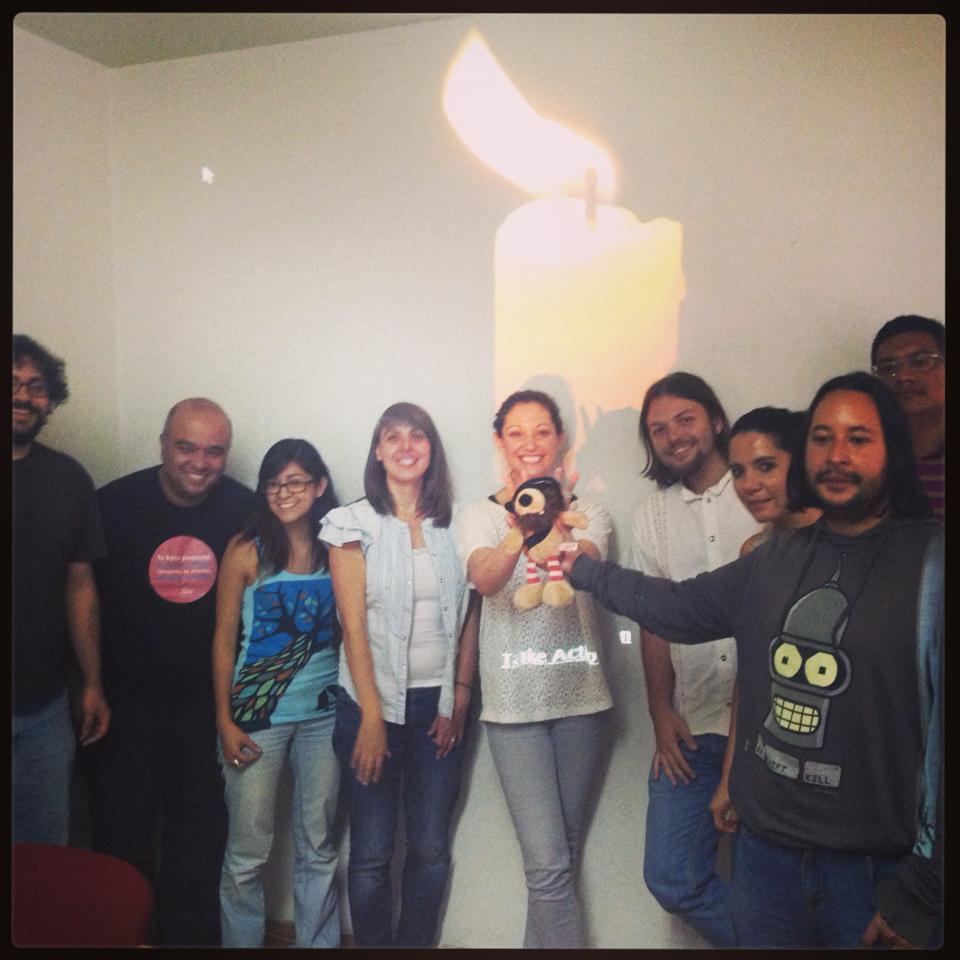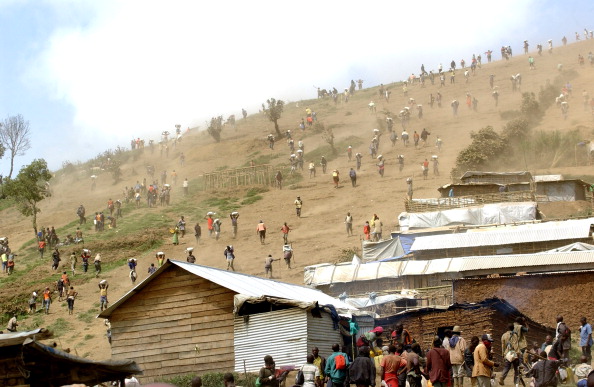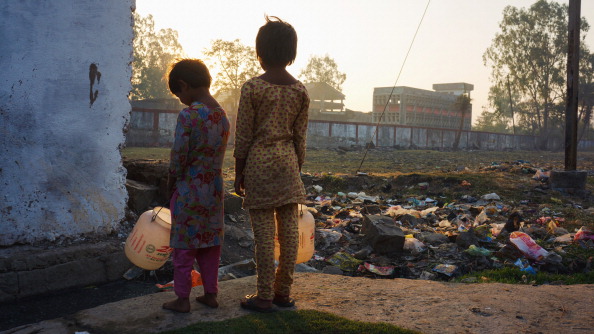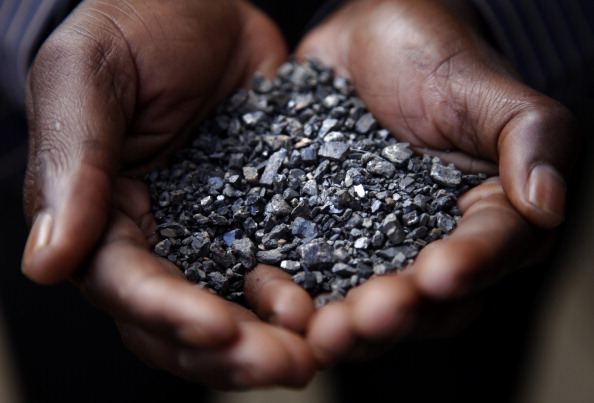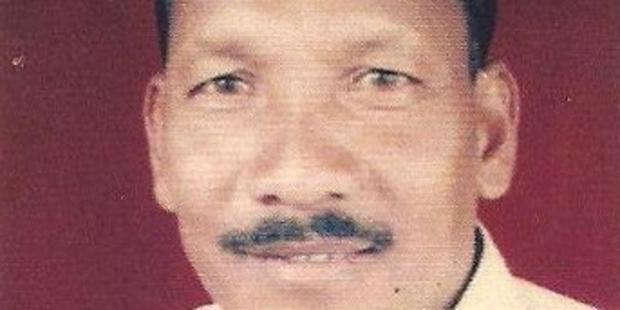By Nate Smith, Amnesty International USA MSP Thematic Specialist
In an important step forward for human rights and international law, Secretary of State John Kerry signed the Arms Trade Treaty (ATT) on behalf of the United States earlier today.
Coming in the midst of concerns about the supply of weapons to Syrian government and Syrian rebels, Kerry’s signature signals the intention of the U.S., the world’s largest arms exporter, to abide by the terms of the treaty.
The treaty unequivocally bans arms transfers that are in violation of a U.N. arms embargo or that exporters have reason to know will be used to commit genocide and other grievous war crimes. Under the treaty, all exporting states have a new obligation to assess the risk that the weapons they provide will be used in human rights abuse and to halt such transfers where that risk is overwhelming.
